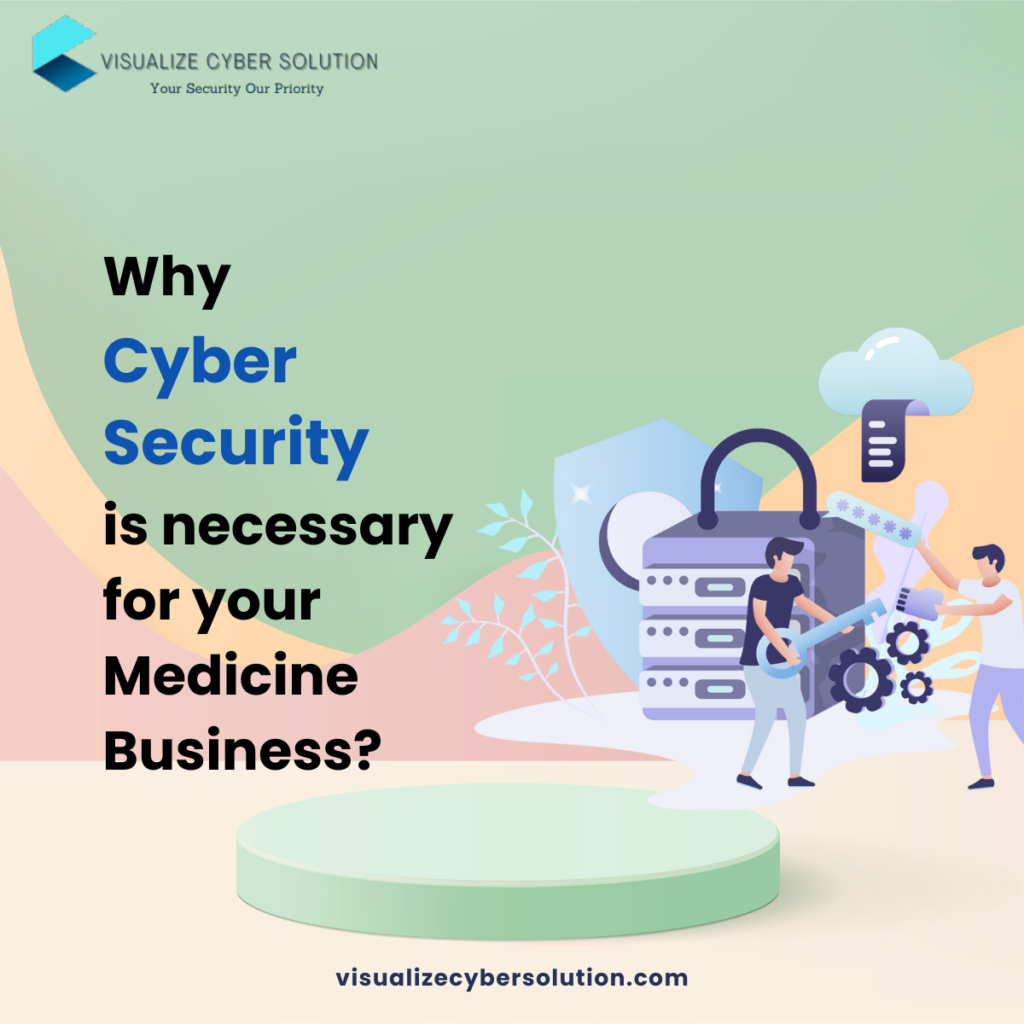
Safeguarding Health: The Vital Role of Cybersecurity in the Medical Industry by Visualize Cyber Solutions
In the age of digital healthcare, where patient data, sensitive records, and interconnected systems define the landscape, cybersecurity has emerged as a paramount concern for medical businesses. Healthcare organizations are harnessing the power of robust cybersecurity measures to protect patient privacy, ensure data integrity, and maintain trust in an increasingly interconnected world. In this blog, we’ll delve into why cybersecurity is indispensable for medical businesses and how it’s shaping the security landscape in the medical industry.
Securing Patient Well-being through Cybersecurity
As medical businesses embrace digital technologies and interconnected systems to enhance patient care and operational efficiency, the need to safeguard patient data and prevent cyber threats becomes increasingly critical. Cybersecurity practices provide a robust defense against cyberattacks, ensuring patient safety and maintaining the integrity of medical operations.
1. Patient Data Protection
Medical businesses handle a vast amount of sensitive patient data, including medical history, treatment plans, and billing information. Cybersecurity measures protect this data from unauthorized access, ensuring patient privacy is upheld.
2. Preventing Data Breaches
Healthcare records are lucrative targets for cybercriminals due to the value of the information they contain. Robust cybersecurity practices prevent data breaches that can lead to identity theft, fraud, and reputational damage.
3. Regulatory Compliance
The medical industry is subject to stringent regulations such as HIPAA (Health Insurance Portability and Accountability Act) in the United States. Cybersecurity practices ensure compliance with these regulations, avoiding legal penalties and maintaining patient trust.
4. Protecting Medical Devices
As medical devices become more connected, they are vulnerable to cyber threats. Cybersecurity safeguards protect medical devices from being compromised, ensuring patient safety and preventing potential harm.
5. Business Continuity
Cyberattacks can disrupt medical operations, leading to downtime and impacting patient care. Robust cybersecurity practices include disaster recovery plans that ensure business continuity even in the face of cyber incidents.
6. Telemedicine Security
Telemedicine platforms bring healthcare to remote locations, but they also introduce cybersecurity challenges. Proper cybersecurity measures protect telemedicine sessions from unauthorized access and data breaches.
7. Training and Education
Cybersecurity practices include training healthcare staff to identify and respond to cyber threats. Educated staff are a frontline defense against social engineering and phishing attacks.
In conclusion, cybersecurity is a critical component of modern healthcare operations. By implementing robust cybersecurity measures, medical businesses can protect patient data, ensure operational continuity, and maintain trust in an increasingly digital healthcare landscape. As the medical industry continues to embrace digital transformation, cybersecurity remains pivotal in ensuring patient well-being, privacy, and safety.
#HealthTech #Cybersecurity #PatientDataProtection #HealthcarePrivacy #DataSecurity #HIPAACompliance #MedicalCybersecurity #CyberSafety #VisualizeCyberSolutions #LifeatVCS


